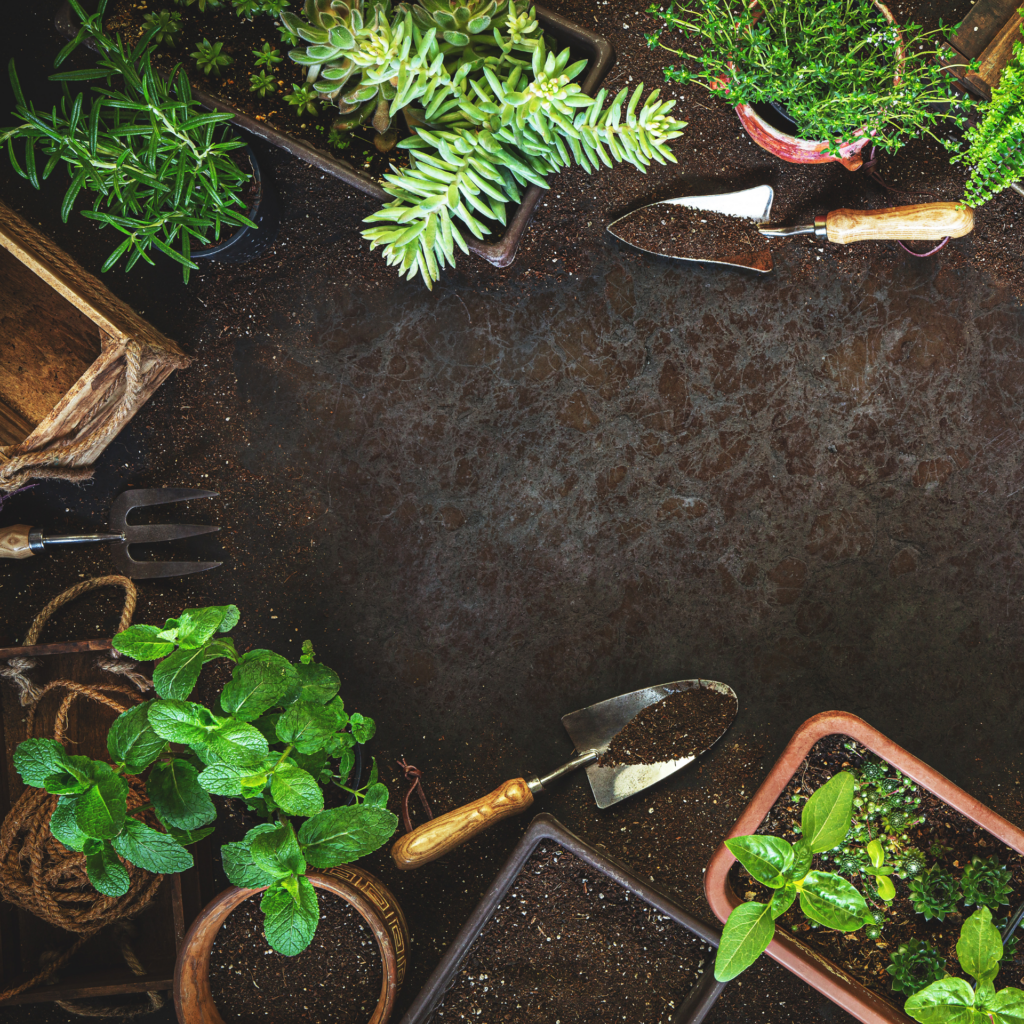We begin our staff meetings like many other churches: with a devotion or time of prayer. It was my turn to lead, and for some reason, I was drawn to Isaiah 58. It’s a favourite of mine, and I had been prepping another prayer exercise on this same passage. In my preparation for this particular devotion, I decided to lead the group through the practice of lectio divina with a focus on verses 9-12. Here’s how it reads in the Message.
If you get rid of unfair practices,
quit blaming victims,
quit gossiping about other people’s sins,
If you are generous with the hungry
and start giving yourselves to the down-and-out,
Your lives will begin to glow in the darkness,
your shadowed lives will be bathed in sunlight.
I will always show you where to go.
I’ll give you a full life in the emptiest of places—
firm muscles, strong bones.
You’ll be like a well-watered garden,
a gurgling spring that never runs dry.
You’ll use the old rubble of past lives to build anew,
rebuild the foundations from out of your past.
You’ll be known as those who can fix anything,
restore old ruins, rebuild and renovate,
make the community livable again.
-Isaiah 58:9-12, the Message

The practice of lectio divina – whether practised individually or in a group – entails reading the text three times out loud, some time for reflective silence after each reading (for God to speak through the text), and there are often prompts given to each reading. In this particular example, the three prompts I had offered were around head, heart, and body. Head: what word or phrase stood out to you or captured your attention? Heart: what feelings surfaced as you listened to the text? Body: what is God inviting you to do or consider?
As the one facilitating the practice, I also take time in silence to join in the listening experience, though sometimes the task of leading prohibits or minimizes the experience. Here, I immediately was drawn to the evocative words of glowing in the darkness, and shadowed lives that will be bathed in sunlight. They practically leapt off the page at me.
In the second reading, I found myself drawn to this place we call home. We jokingly tell people we live in the middle of nowhere. It’s a vast landscape of open air and stretching fields. It’s also an empty place at times, far different from our life in downtown Windsor. I sat with the roller coaster of emotions connected to our journey here, of finding home in the hills here on Aughrim. I will always show you where to go. We have long lived with the idea that we will stay where we are until God calls us elsewhere. For us, that calling came through the collective sense of joy and peace as we explored what could be if we moved to the country. I’ll give you a full life in the emptiest of places—firm muscles, strong bones. Once here, our journey has been that of cultivating a life here in the fabric of the community. Our days have been full of meaningful work: sowing, reaping, digging, planting, in both the agrarian sense and in the relational sense. We have leaned in to this beloved community and found life in the emptiest of places, and this life has strengthened our bodies, hearts, minds, and souls.
In the third reading, I found myself drawn to the descriptions of possibility. A well-watered garden. One known for fixing anything. Restoring, rebuilding, renovating – making the community livable again. I was immediately reminded of my work through Resolve & Flourish, and in particular to this past year and a bit of walking with a church in Waterloo. As a community we have focused on the important work of the first verses: restorative justice, reconciliation, navigating polarization, and cultivating generosity. We have seen the ‘when and then’.
One of my coworkers used this phrase – when and then – in this lectio. She mentioned it is something she uses with her kids, but it was neat to see it in the words of scripture as well. When these first few verses are focused on, then healing and vitality are possible. When we resolve to do better, to be better, to change the culture, then we will be like well-watered gardens, and we will make the community livable again.
It is truly a joy to engage in this work of walking with communities through hardship, through loss, through pain, and through the disorienting wilderness of transition. It’s never solitary work, and I don’t do it alone. It truly takes a community of people who are willing to do the hard work, who are willing to listen to one another, and who are willing to be generous even in the midst of a worrisome landscape that would naturally invite a mindset of scarcity. The job is far from over, but more and more I’m seeing a livable and loving community surfacing from the old rubble of past lives.
